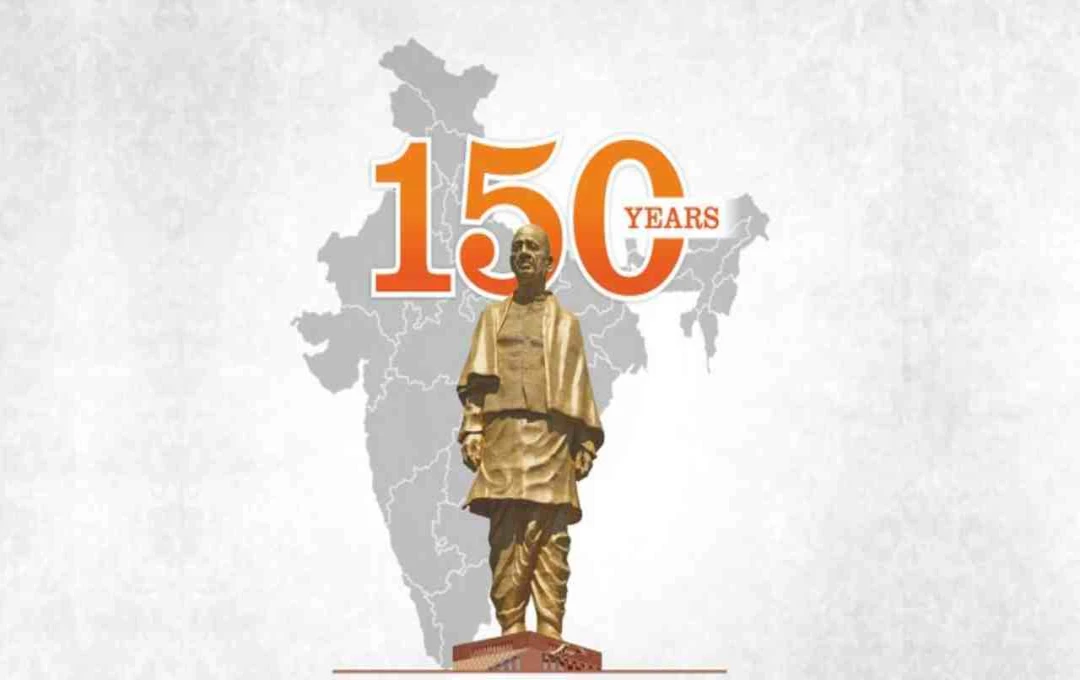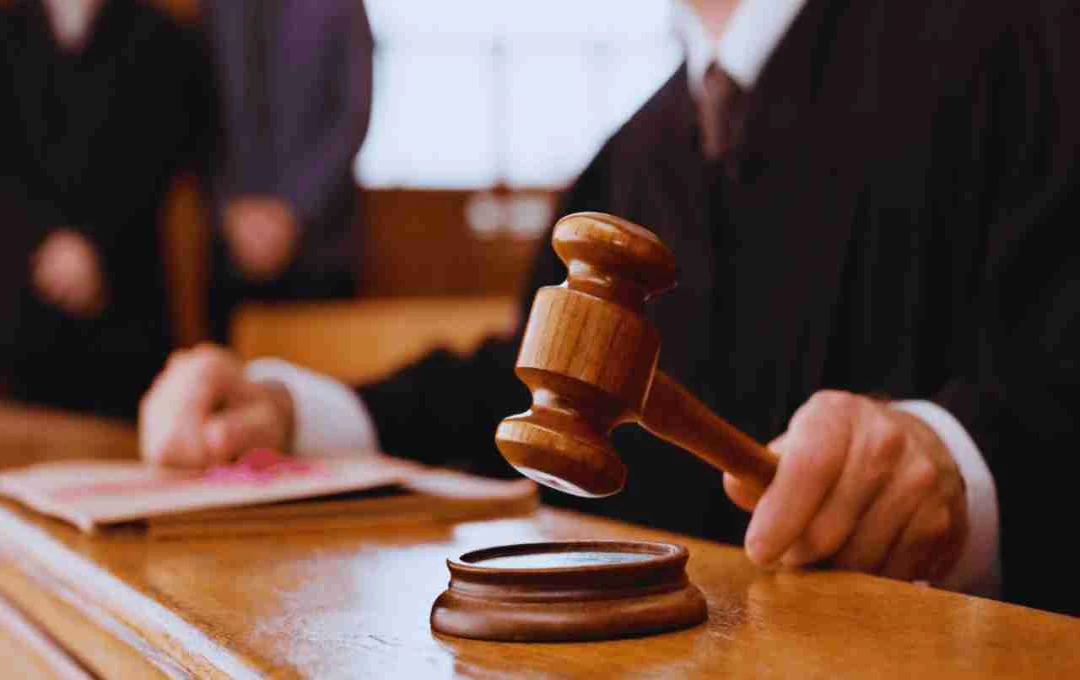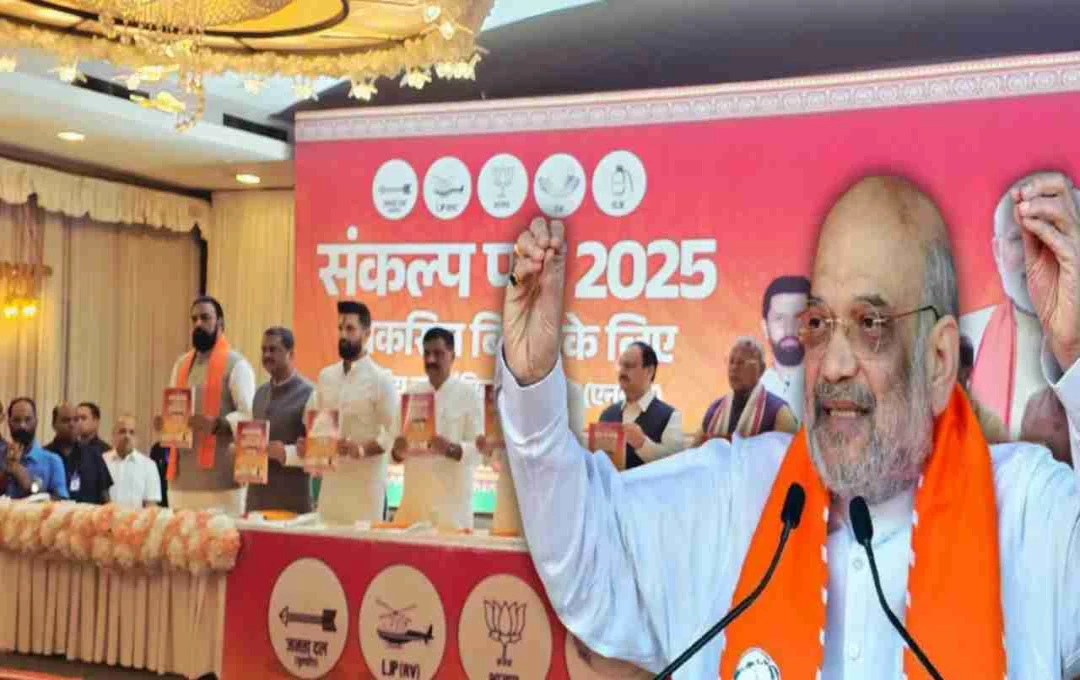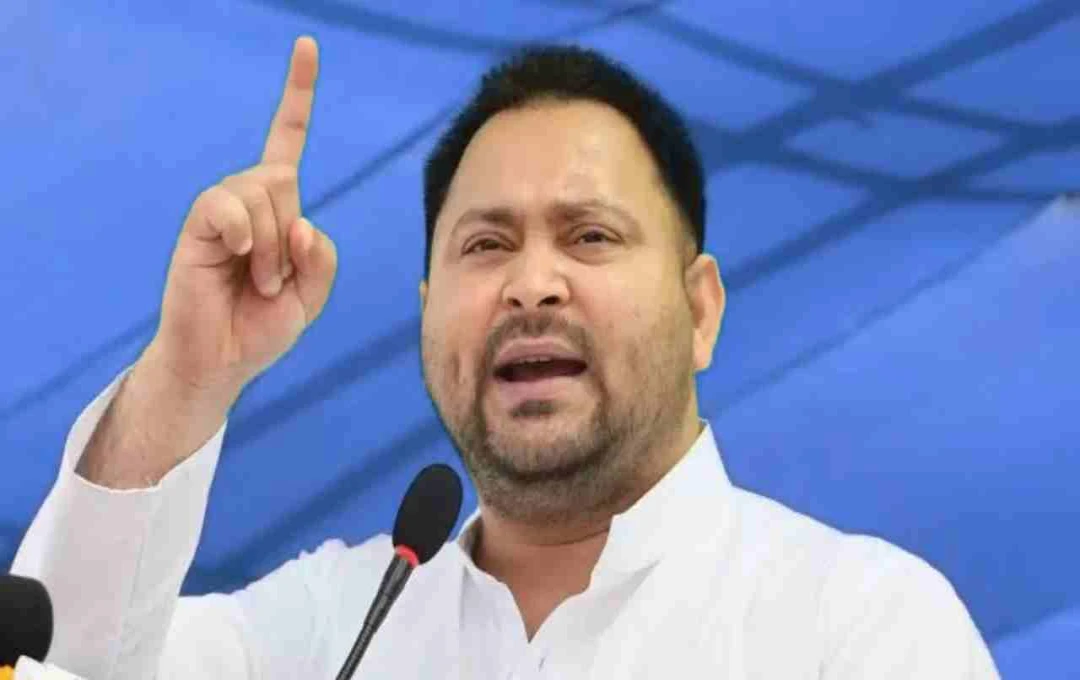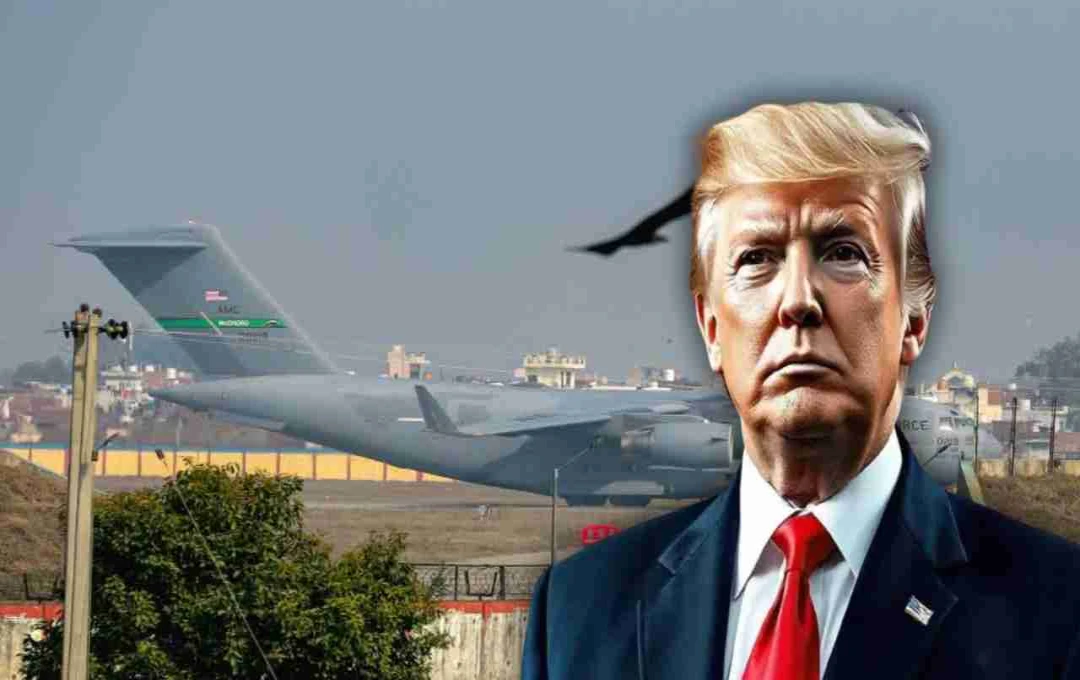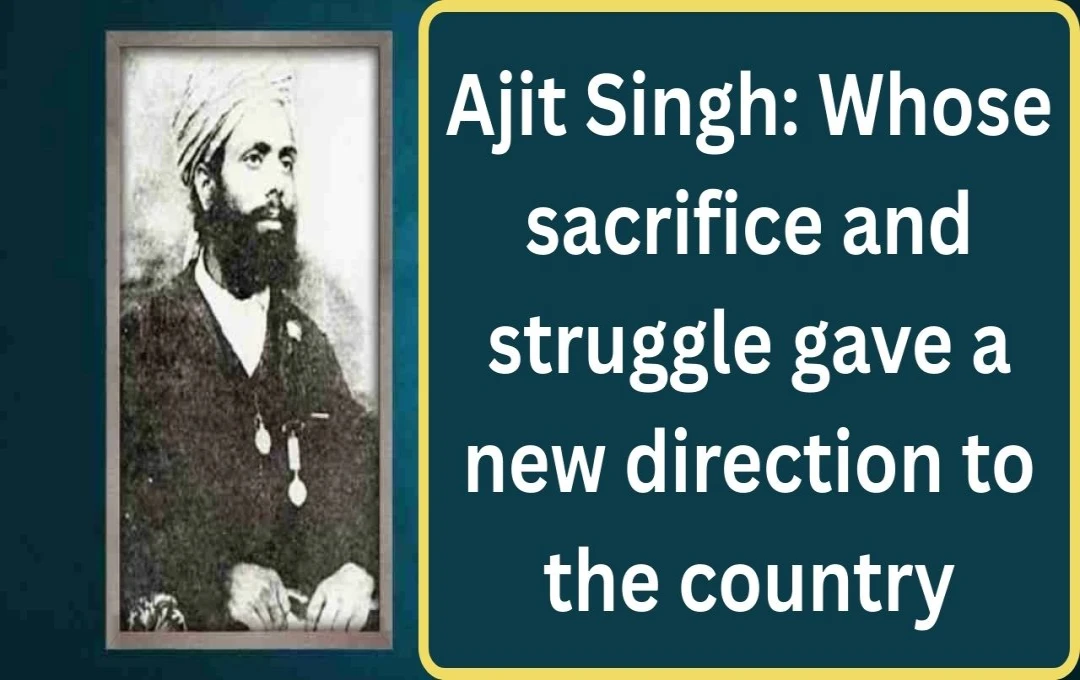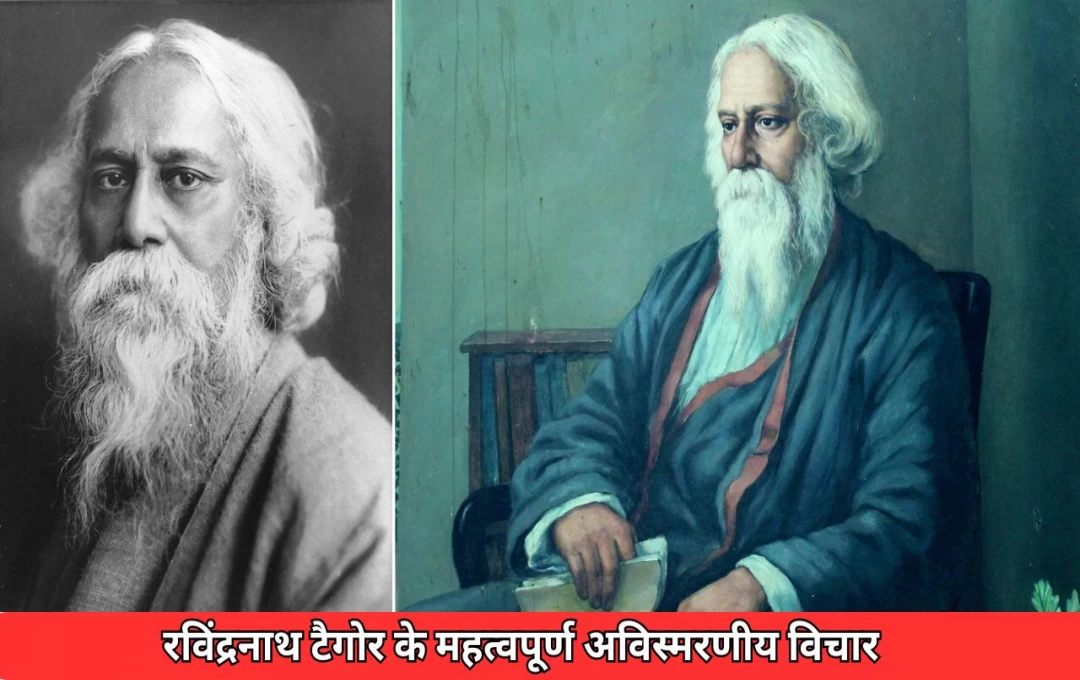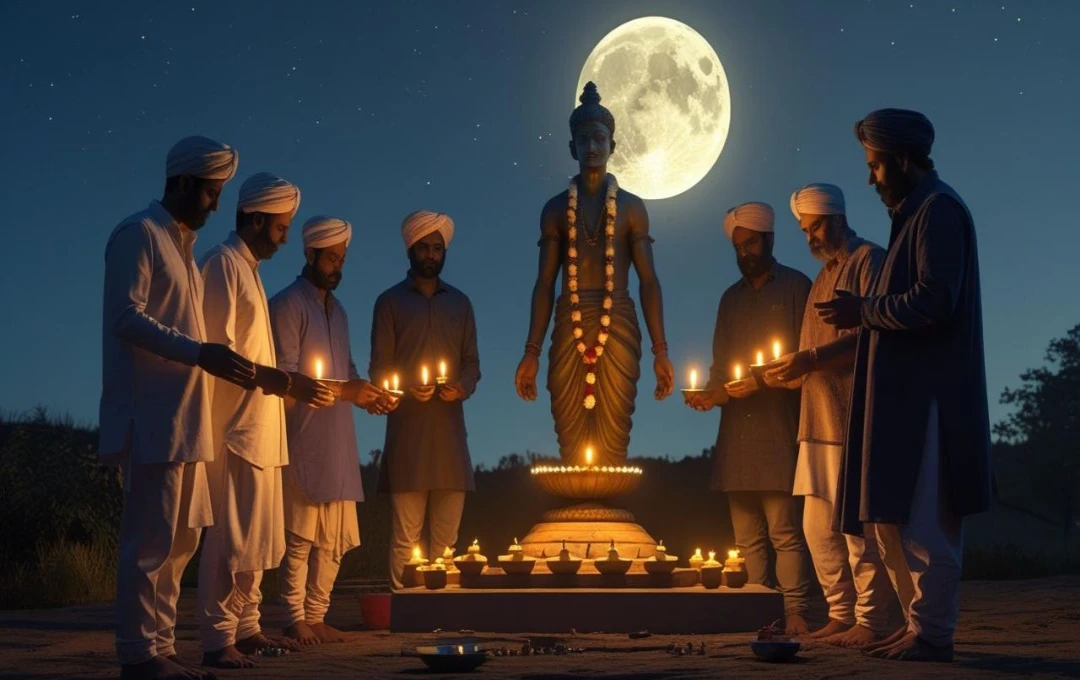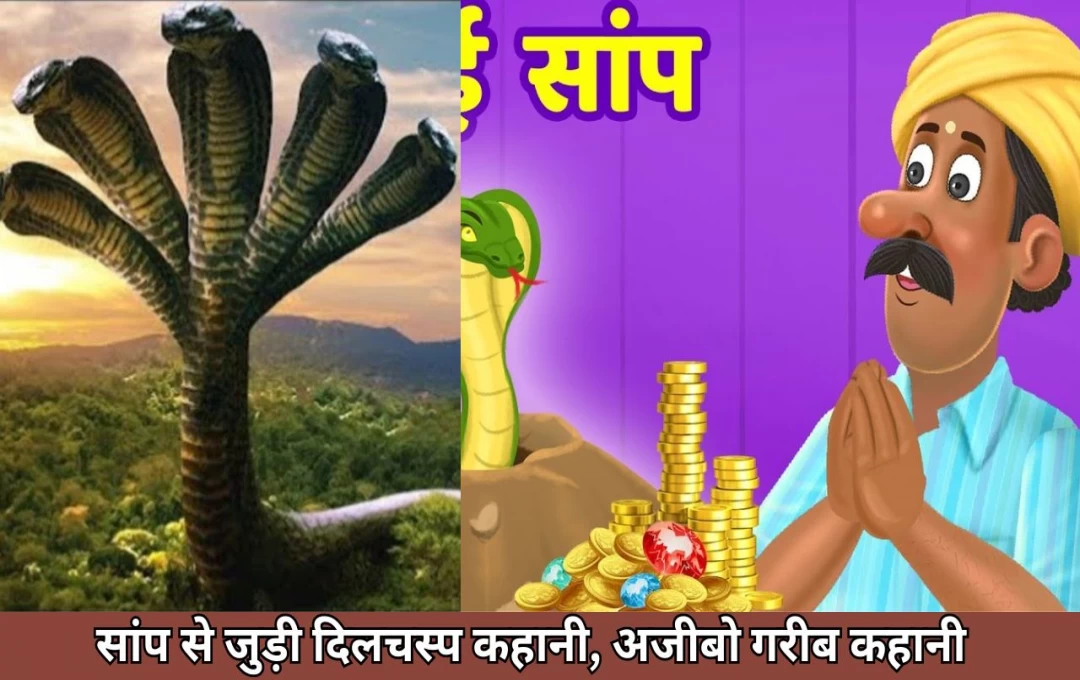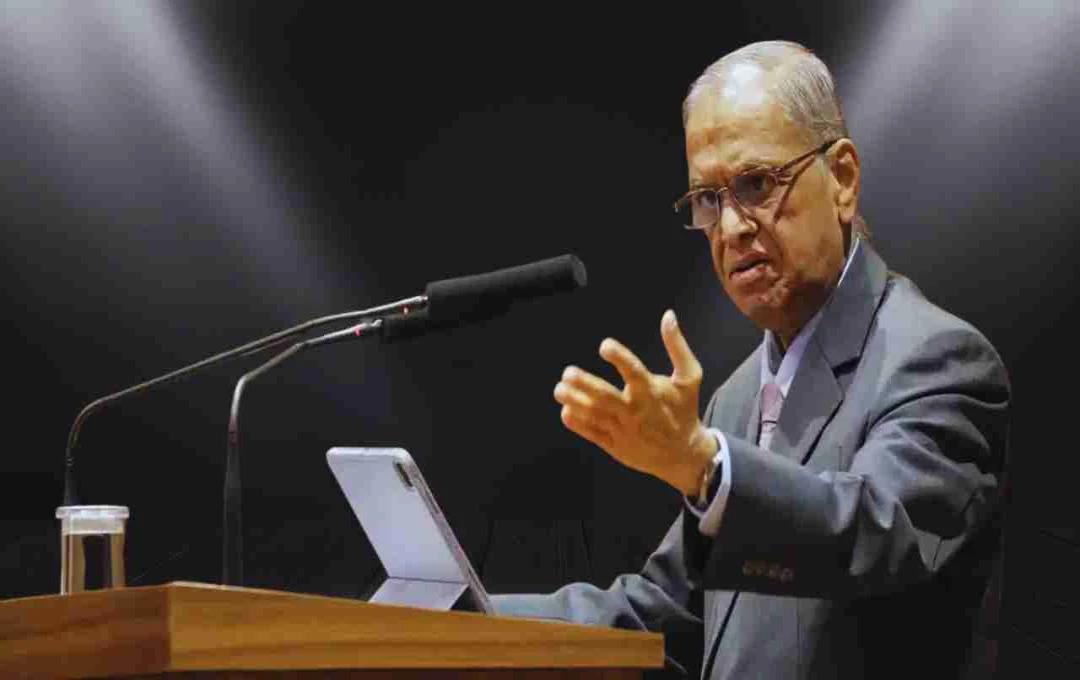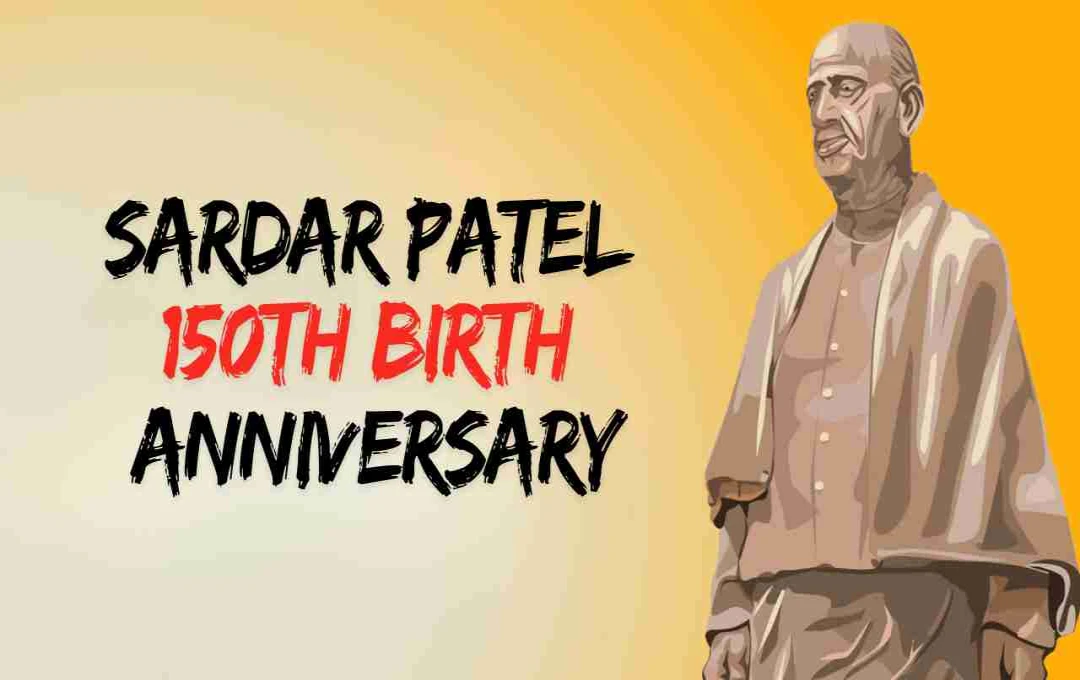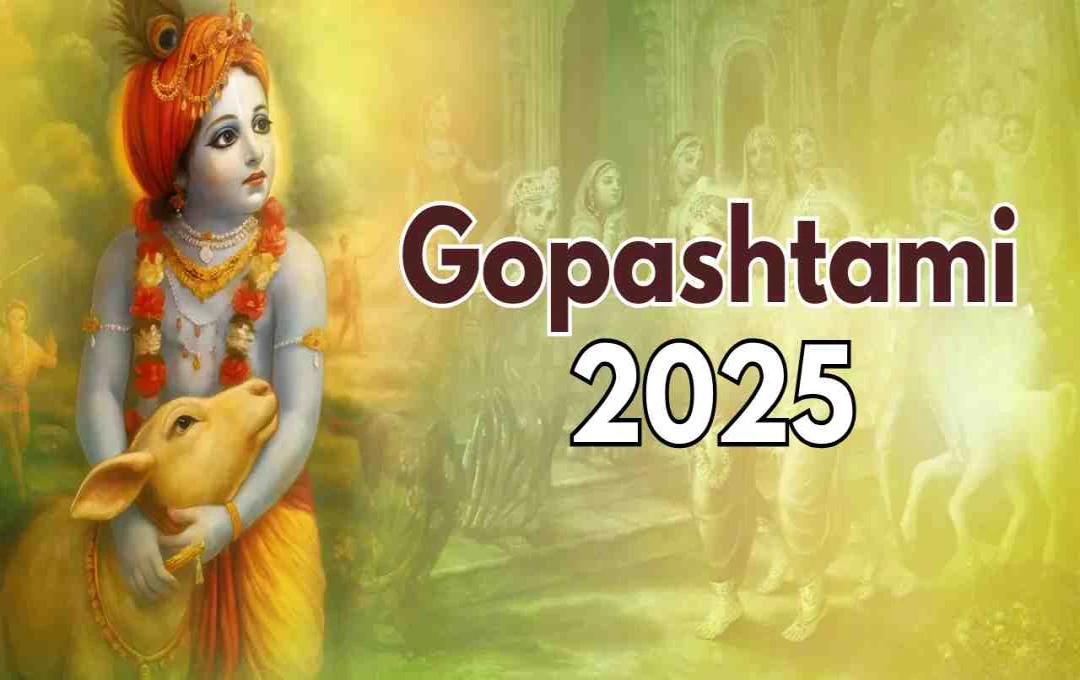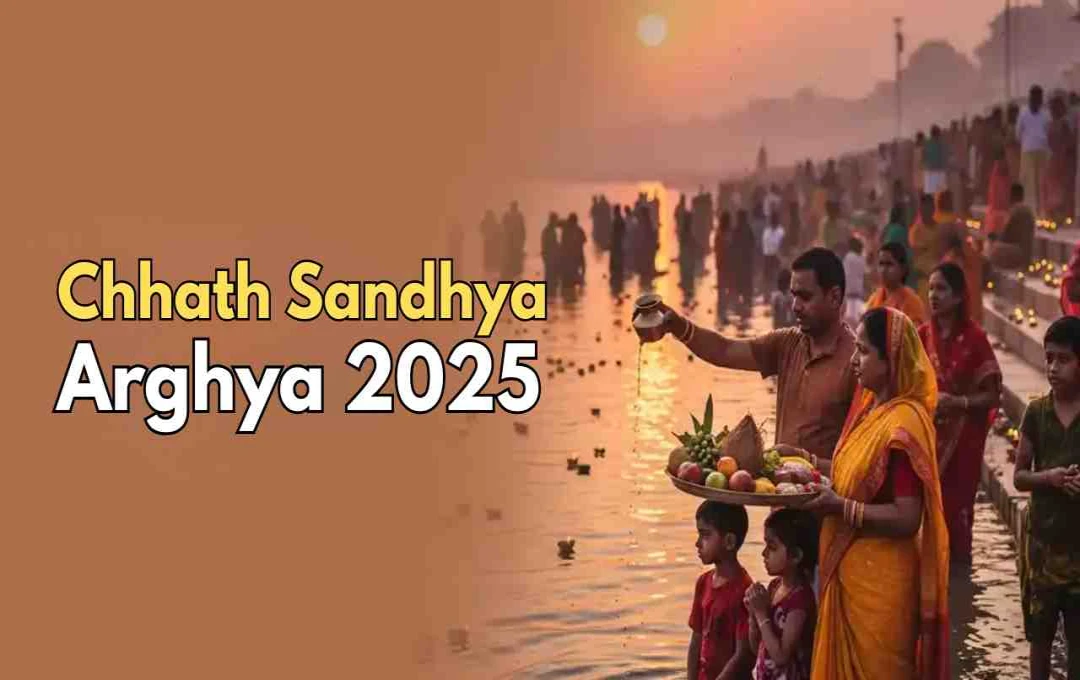Mahatma Gandhi once admitted that while Jawaharlal Nehru was very dear to him, Sardar Vallabhbhai Patel was far more capable as an administrator. The foundation of the united and integral India we live in today was laid by Sardar Patel's foresight and b leadership.
Sardar Vallabhbhai Patel 150th Birth Anniversary: The story of India's independence is as inspiring as it is complex. Within this narrative lies an chapter that is recalled every time Sardar Vallabhbhai Patel's birth anniversary arrives — the moment when the 'Iron Man' could have become the country's first Prime Minister, but he stepped aside so that the nation could remain united.
Today, on October 31, 2025, India is celebrating his 150th birth anniversary. Prime Minister Narendra Modi paid tribute at the 'Statue of Unity' and delivered a message of unity, service, and dedication to the nation. But the question remains — would India's history have been different if Sardar Patel had become Prime Minister?
Patel: Gandhi's Beloved, Yet the Most Capable Administrator
Mahatma Gandhi once stated, "Nehru is close to my heart, but in administration, there is no one like Patel." This statement from Gandhiji makes it clear that while Nehru was a symbol of ideas, Patel was the true architect of nation-building. The integration of India's 562 princely states seemed impossible, but Patel's skillful strategy, b will, and unwavering national loyalty made it possible. The foundations of India's unity, governance system, and democratic structure were laid by the same 'Iron Man' whom history has accorded the title "Iron Man of India."
Fingers Pointed After Gandhiji's Assassination, Patel Offered to Resign
After Gandhiji's assassination (January 30, 1948), opponents spread rumors that Patel, who was the Home Minister at the time, had failed in ensuring Gandhiji's security.
Gandhiji's grandson, Rajmohan Gandhi, wrote in his book "Patel: A Life" that when Patel learned of these allegations, he immediately offered his resignation. But Nehru stopped him, saying, "Our 30 years of association should not break like this."
It was from this point that their relationship began to cool, yet Patel maintained silence in the interest of the nation. 1946 was the year when India's independence was merely a matter of time. The British government had indicated that the Transfer of Power would be in the hands of the Congress, and the Congress President would lead the Interim Government — meaning that person would become the country's first Prime Minister.
The last date for nominations for the post of Congress President was set for April 29, 1946. According to the Congress constitution, only Pradesh Congress Committees (PCCs) could nominate candidates for the presidency. Out of 15, 12 PCCs nominated Sardar Patel, while the remaining three did not participate. No one proposed Jawaharlal Nehru's name. Thus, Patel was elected unopposed as the Congress President — meaning the formal preparations for him to become India's first Prime Minister were complete.
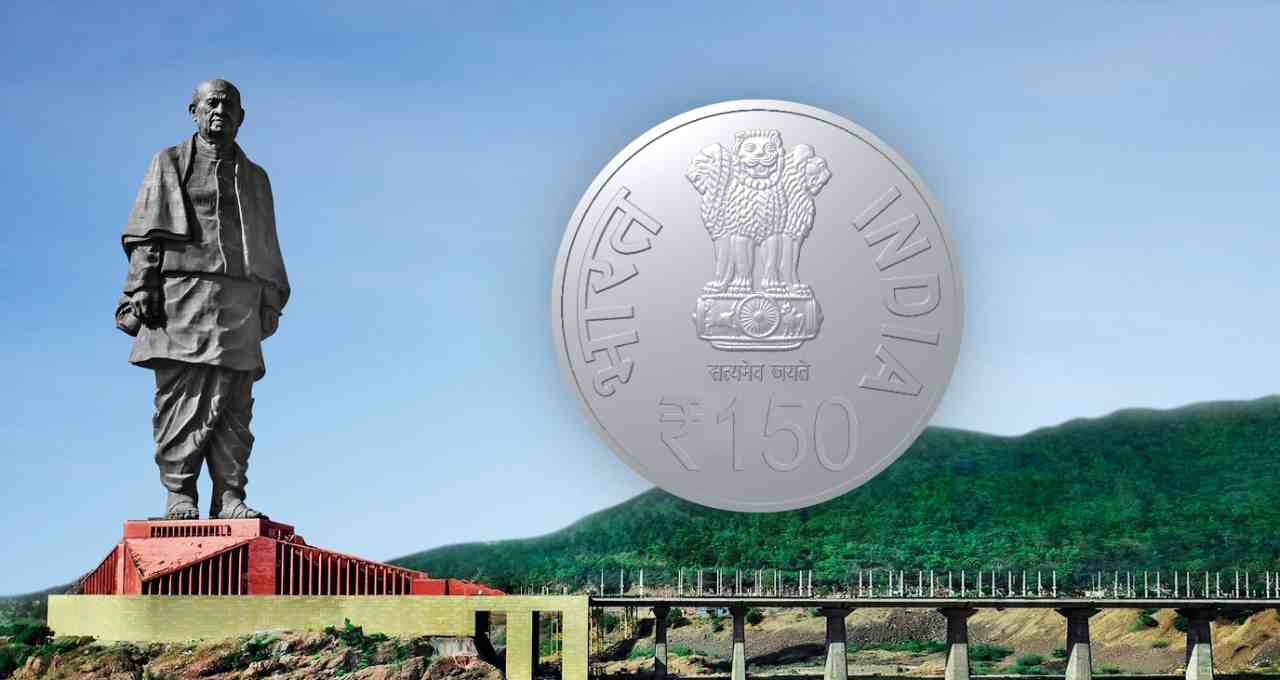
Nehru's Adamancy and Gandhiji's Intervention
However, history took a sudden turn. Jawaharlal Nehru, who himself desired the position, clearly stated that he would either be number one or not be in the government at all. This presented Gandhiji with a moral dilemma. He ultimately prioritized Nehru and urged Patel to withdraw his name.
Gandhiji stated that Nehru would not accept a secondary position, and the nation now needed unity. Sardar Patel complied with Gandhiji's request. Without any protest or complaint, he stepped aside in favor of Nehru. This was the moment when India's Iron Man sacrificed his personal ambition for the greater good of the nation.
Rajendra Prasad and Maulana Azad's Regret
India's first President, Dr. Rajendra Prasad, later wrote, "Gandhiji once again sacrificed his trusted colleague for the sake of the 'glamorous Nehru.' If Patel had been Prime Minister, India's administrative landscape would have been different." Meanwhile, Maulana Abul Kalam Azad admitted in his autobiography "India Wins Freedom," "It was the biggest mistake of my political life that I did not support Patel. If he had become Prime Minister, the process of Partition would have been much more dignified and less violent."
C. Rajagopalachari, a close associate of Gandhiji, wrote in his memoirs, "Gandhiji knew that Patel was the best administrator, but he chose Nehru because he was more proficient in foreign affairs. If Nehru had been Foreign Minister and Patel Prime Minister, India's administrative system would have been much ber."
He also added that the misconception that Patel was "harsh towards Muslims" had been spread, whereas in reality, he was a staunch supporter of equality and justice.
